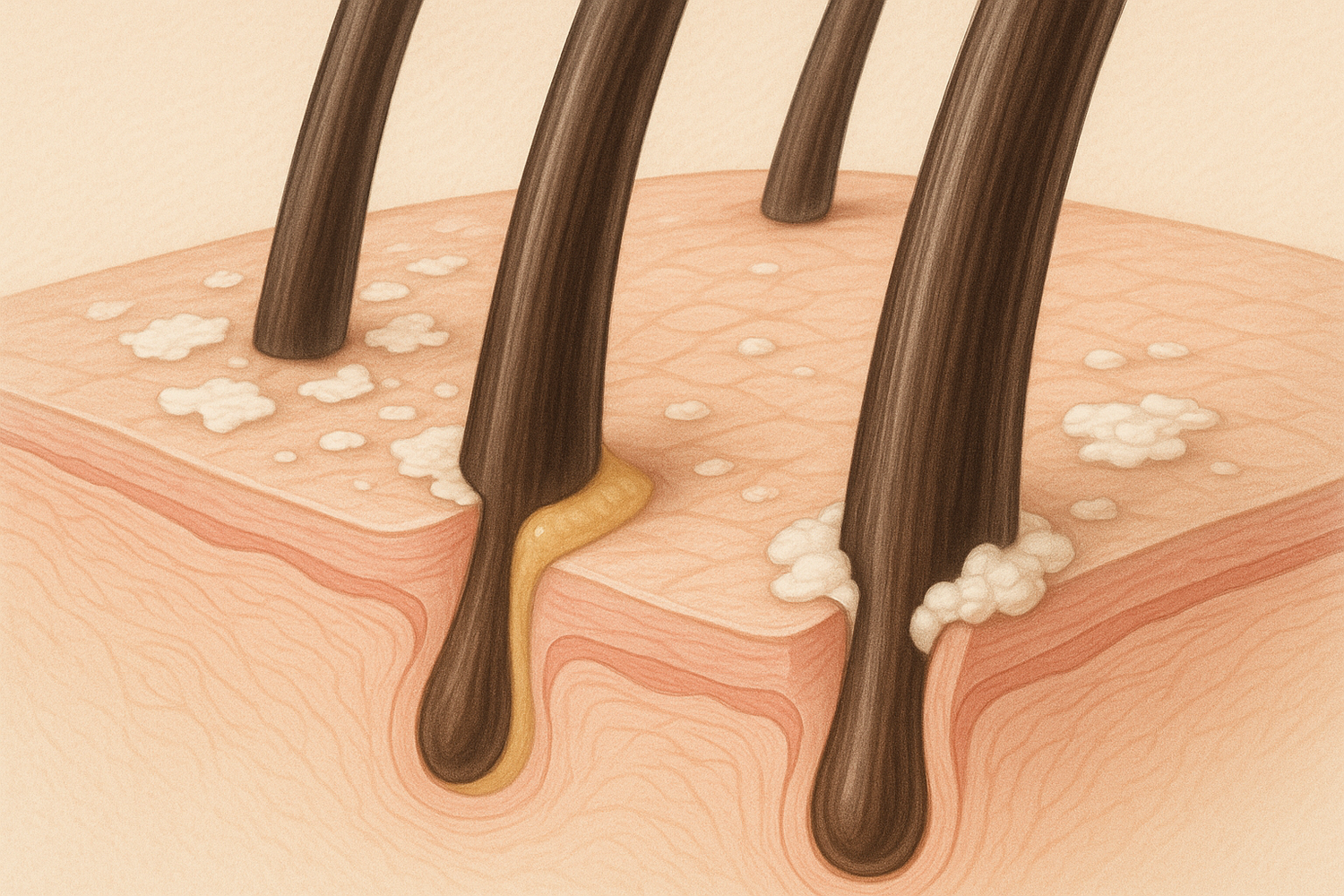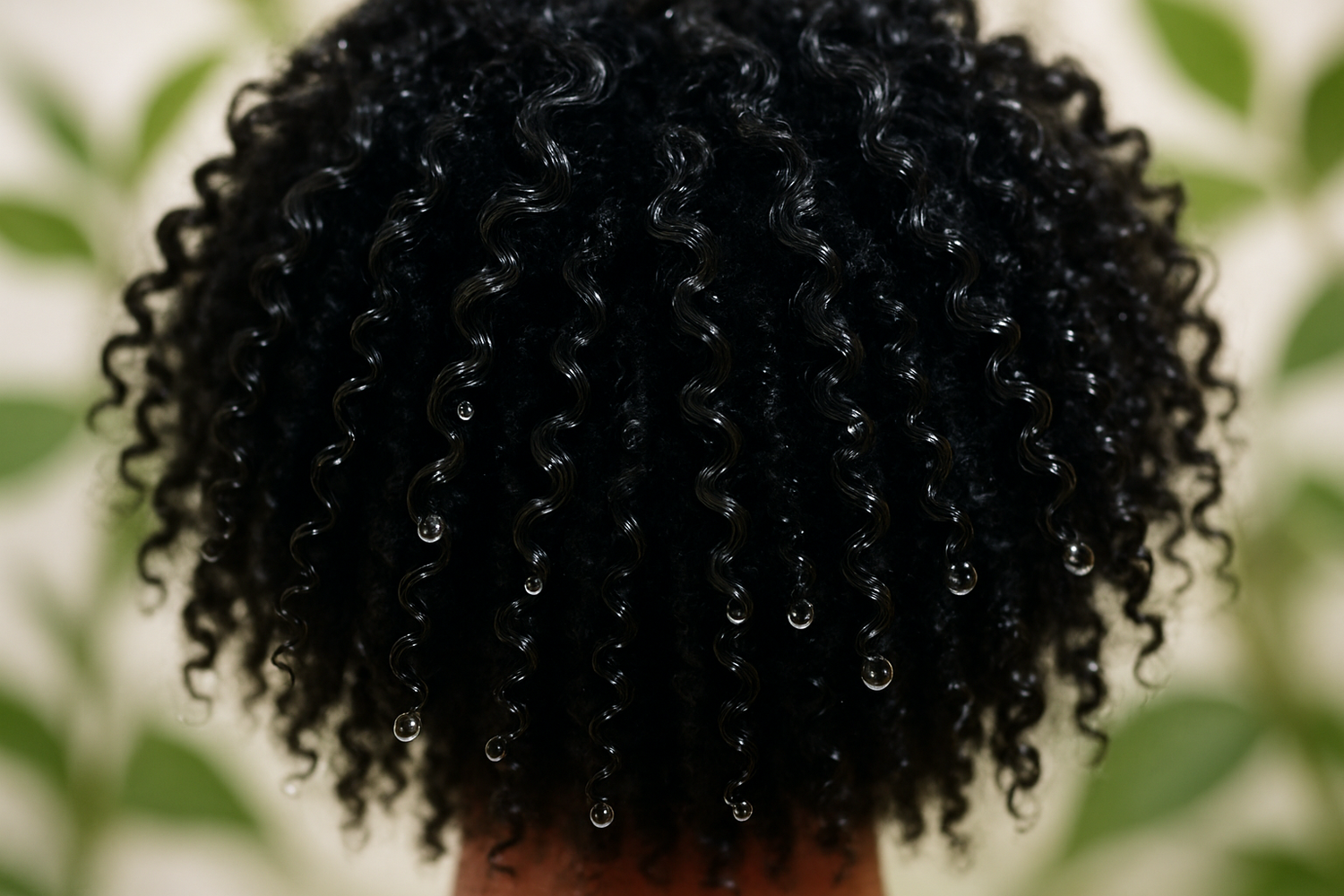Sulfate-free shampoos have gained popularity in recent years, especially among individuals with curly hair. Curly hair is often more prone to dryness, frizz, and damage, so using the right products, including sulfate-free shampoos, can offer several benefits. Here are some of the advantages of using sulfate-free shampoos for curly hair:
-
Gentler on Hair: Sulfates are harsh detergents found in many conventional shampoos. They can strip the hair of its natural oils, leading to dryness and making curly hair more susceptible to breakage. Sulfate-free shampoos are milder and do not overly disrupt the hair's natural moisture balance.
-
Reduced Frizz: Sulfate-free shampoos are less likely to strip the hair of its natural oils. This can help reduce frizz, as well-hydrated hair is less prone to flyaways and frizz, which is a common issue for many people with curly hair.
-
Maintains Curl Definition: Sulfate-free shampoos help maintain the natural curl pattern and shape of your hair, as they don't cause as much disruption to the hair's structure. This can result in more defined and bouncy curls.
-
Less Dryness and Damage: Curly hair is naturally drier than straight hair because the scalp's natural oils have a harder time traveling down the hair shaft. Sulfate-free shampoos help retain moisture in the hair, preventing excessive dryness and damage.
-
Preserves Color: If you have color-treated curly hair, sulfate-free shampoos are gentler on the hair and can help preserve your hair color for a longer period.
-
Reduces Scalp Irritation: Sulfates can be harsh on the scalp and may lead to irritation and dryness. Sulfate-free shampoos are often more suitable for individuals with sensitive or dry scalps.
-
Healthier Ingredients: Many sulfate-free shampoos are formulated with more natural and nourishing ingredients, such as aloe vera, shea butter, and essential oils, which can promote healthier hair and scalp.
-
Environmentally Friendly: Sulfate-free shampoos tend to be more environmentally friendly because they break down more easily in water and are less likely to harm aquatic ecosystems.





